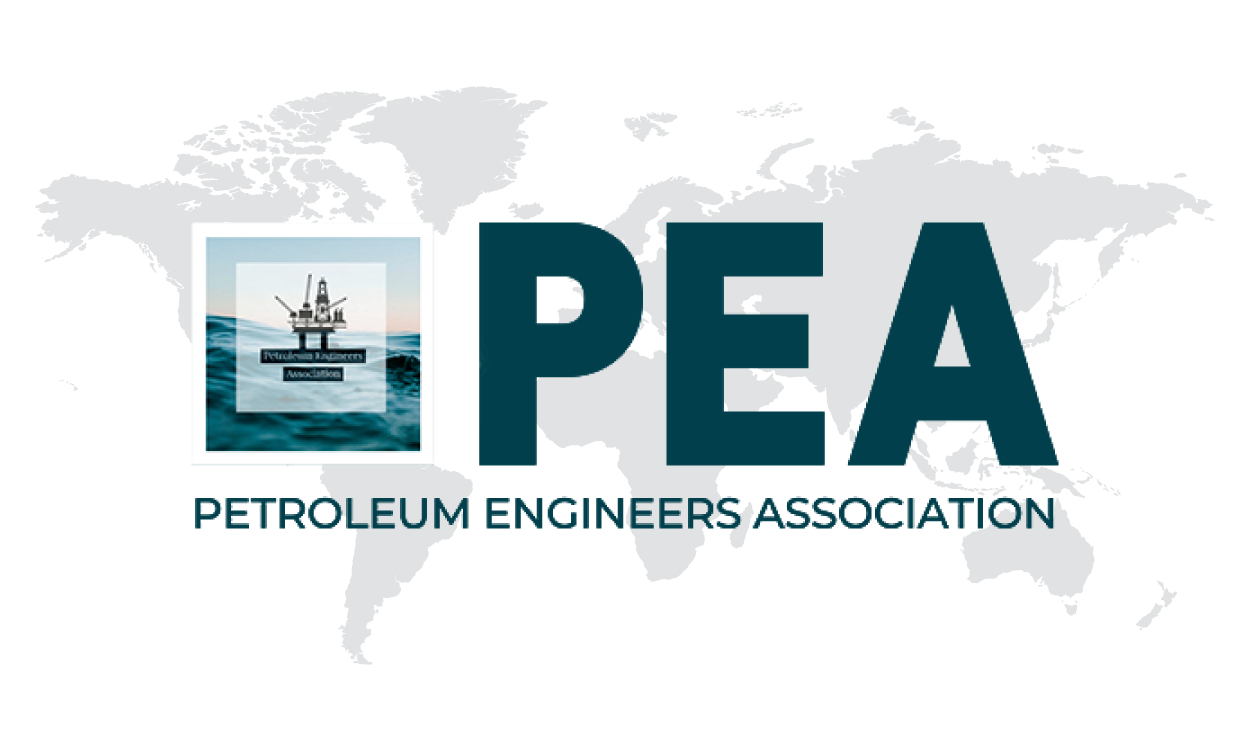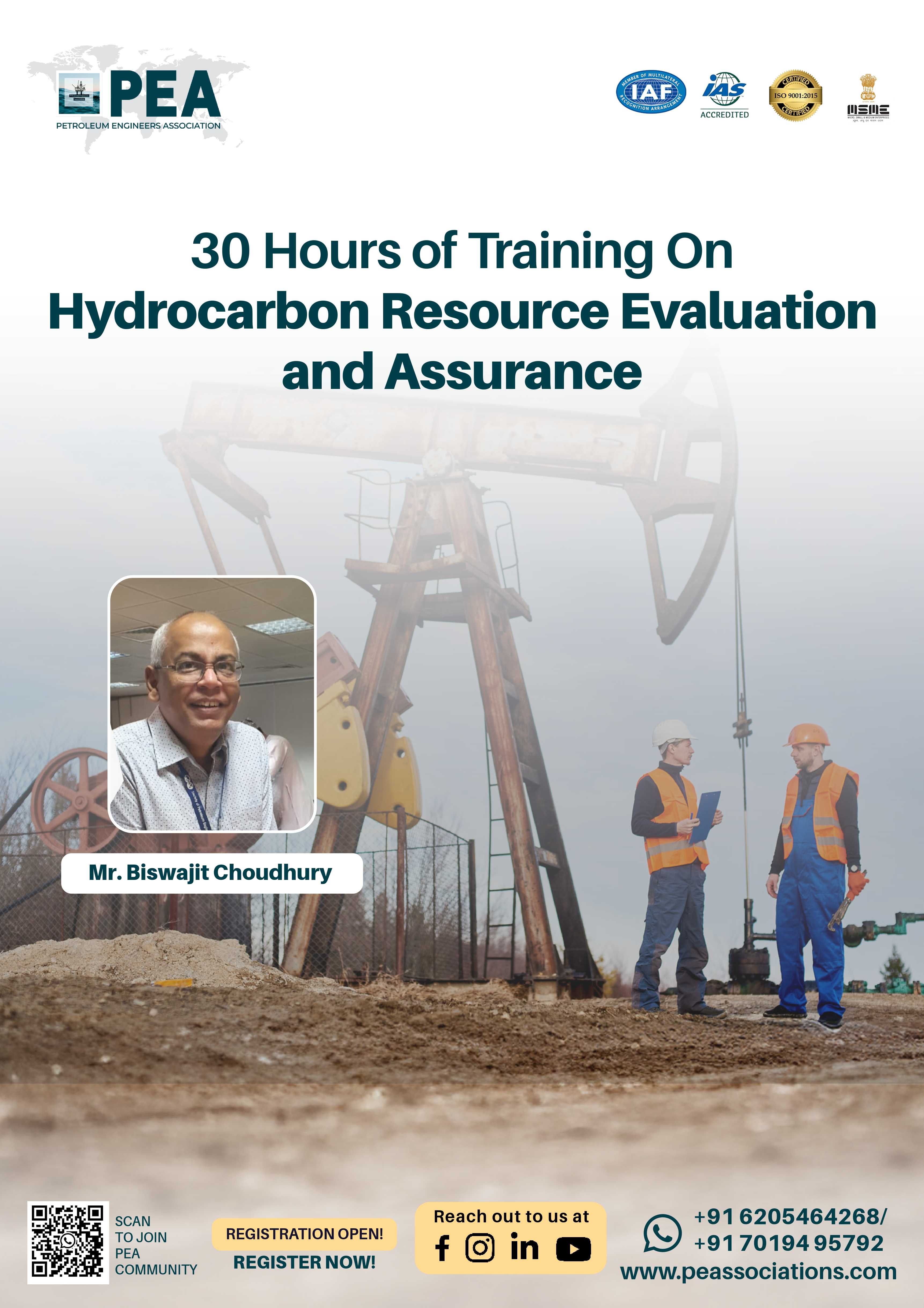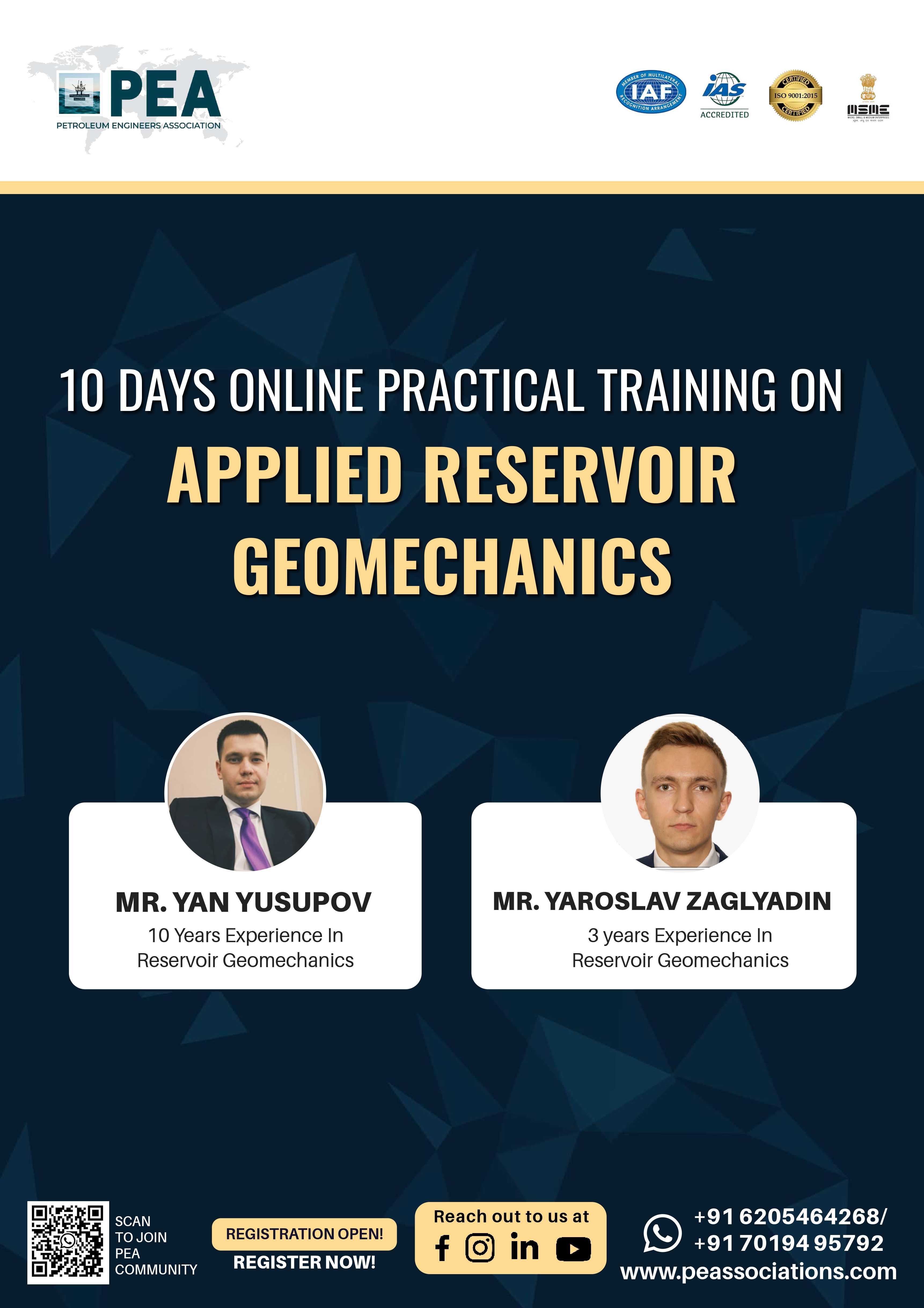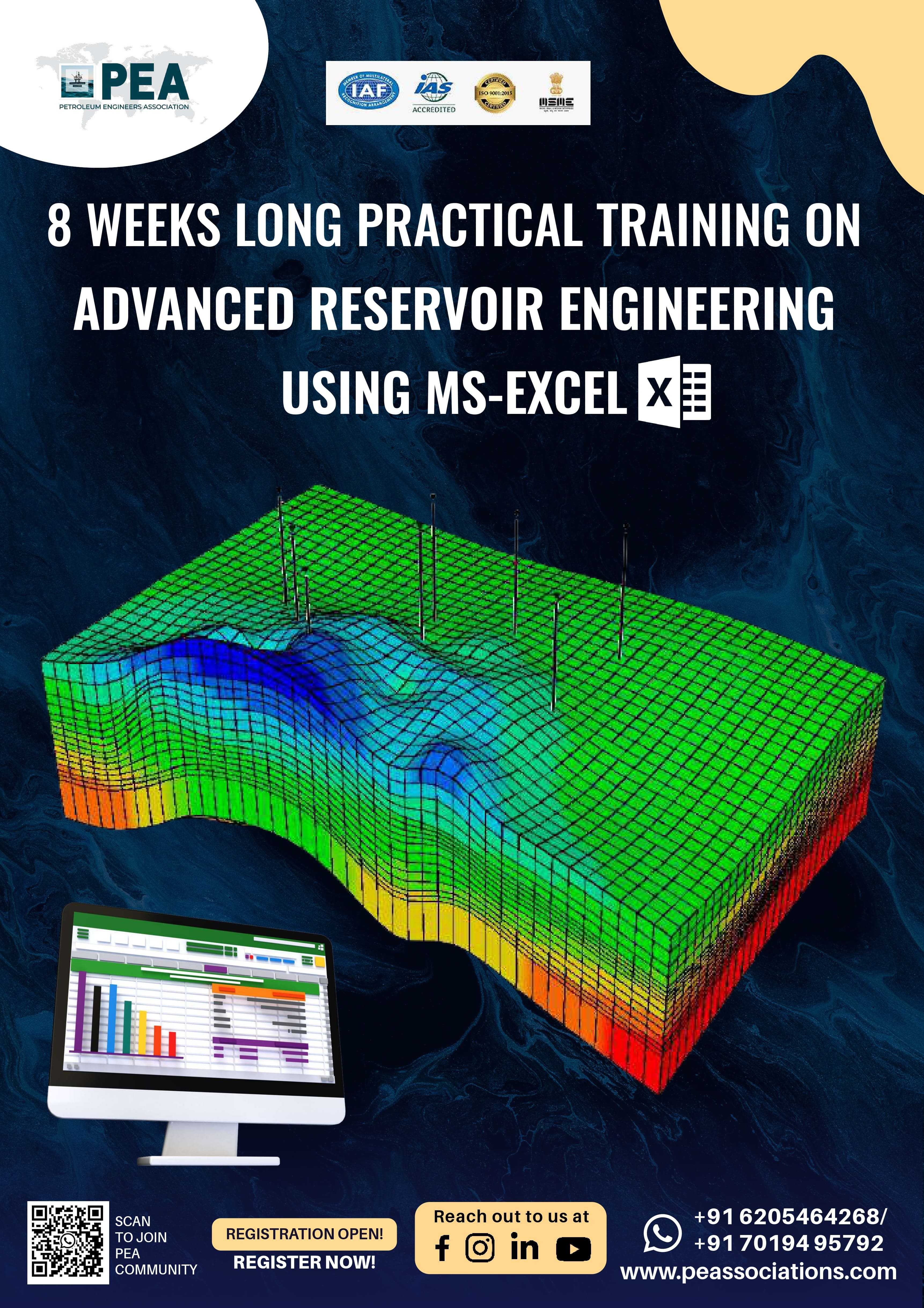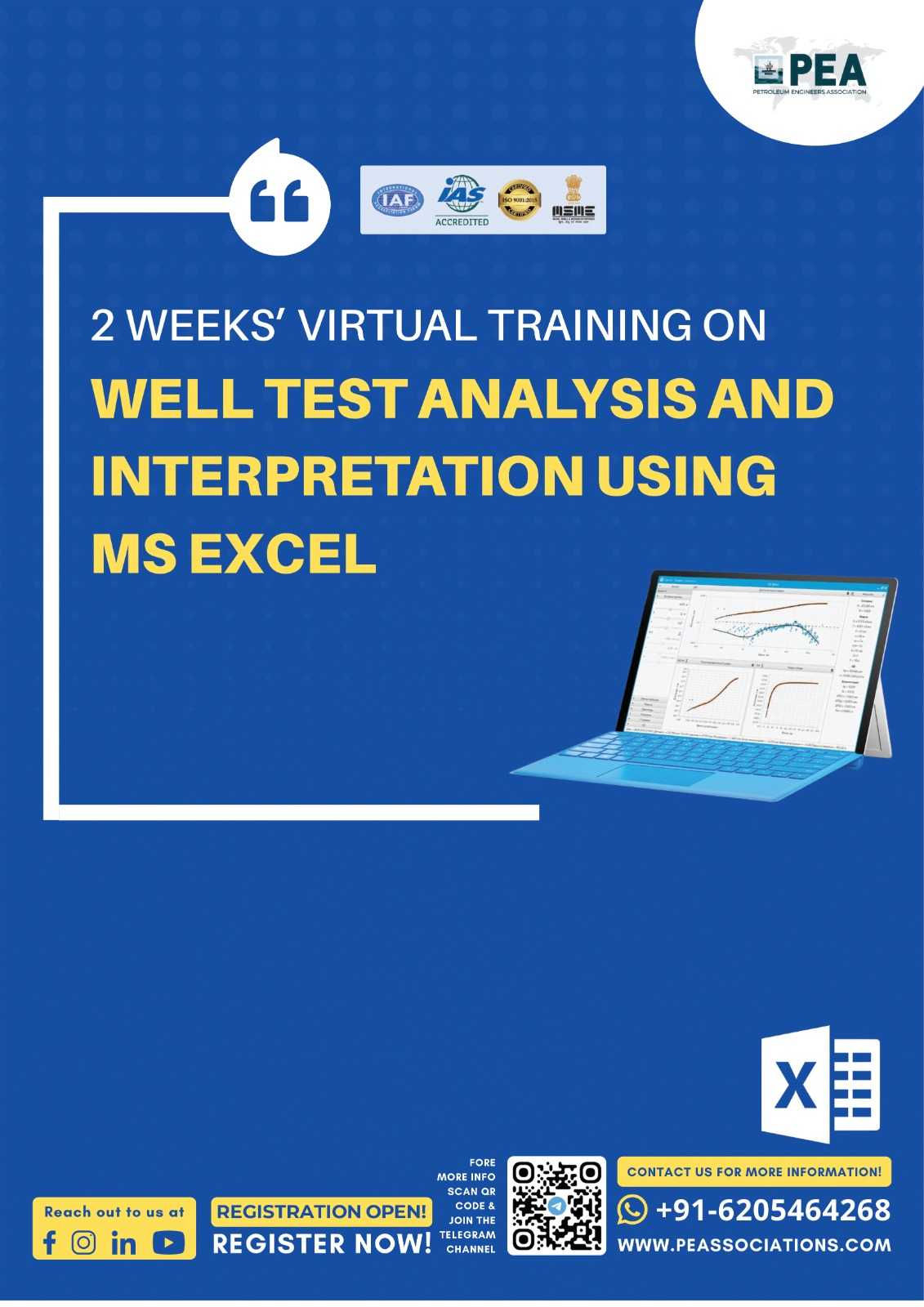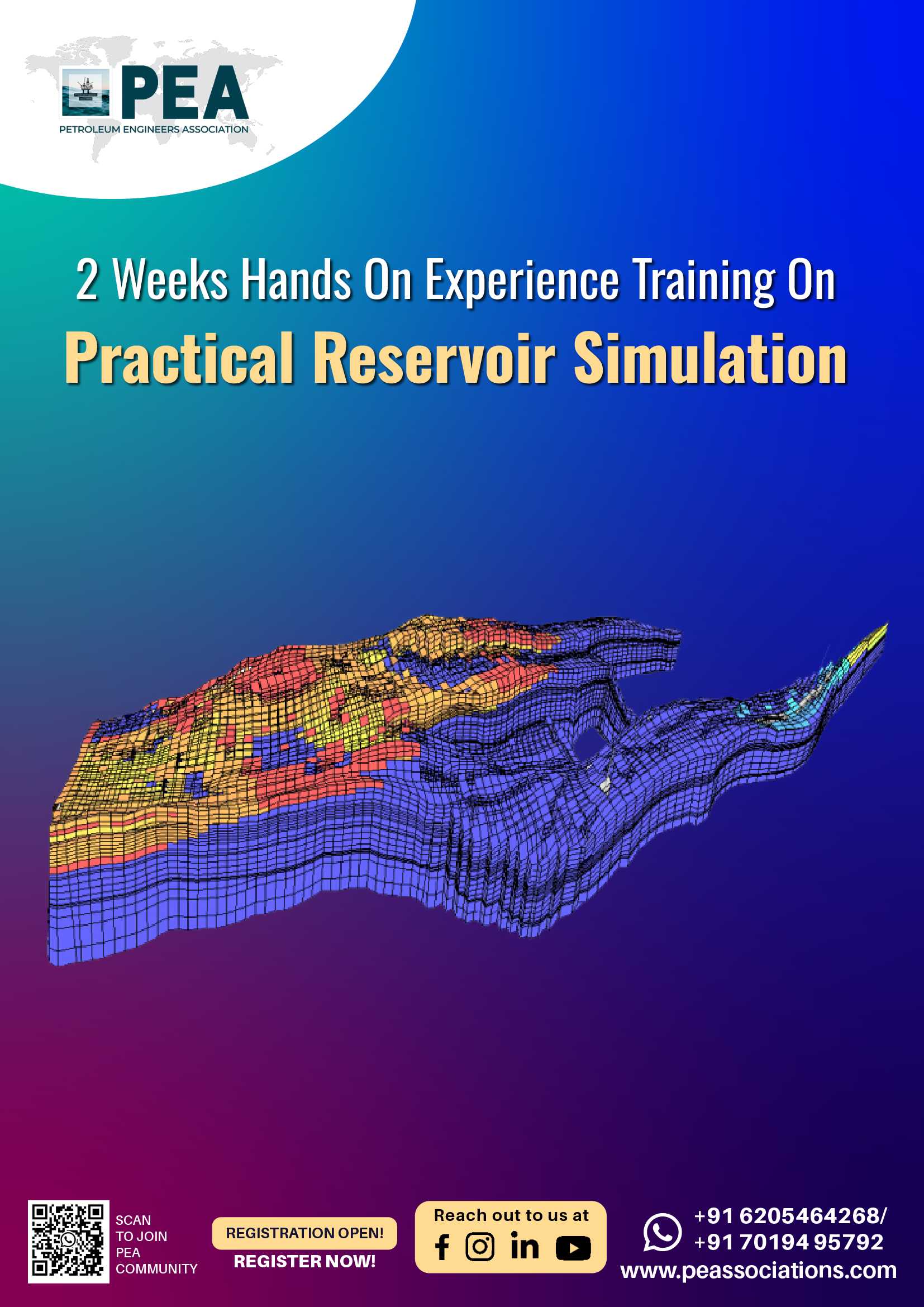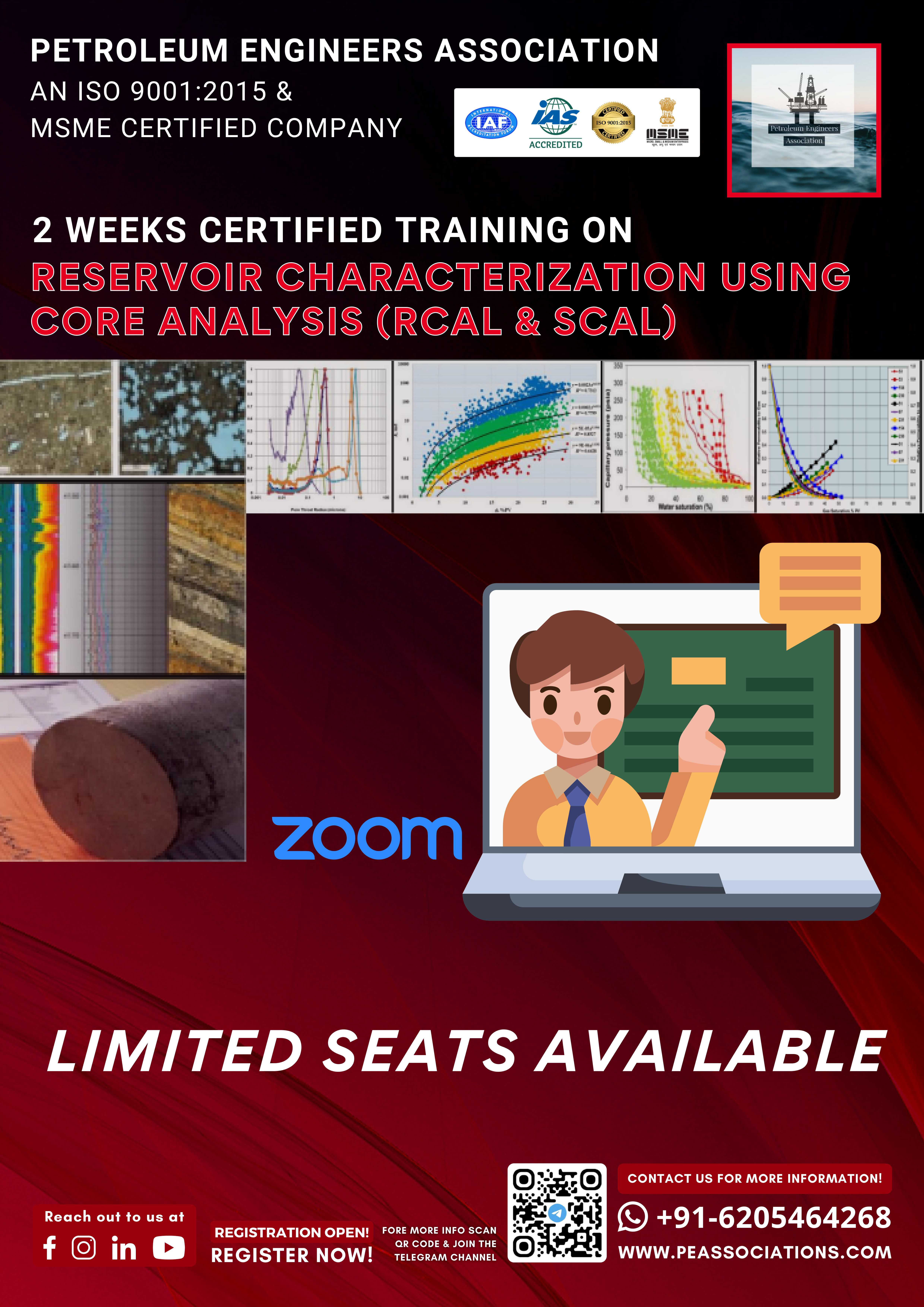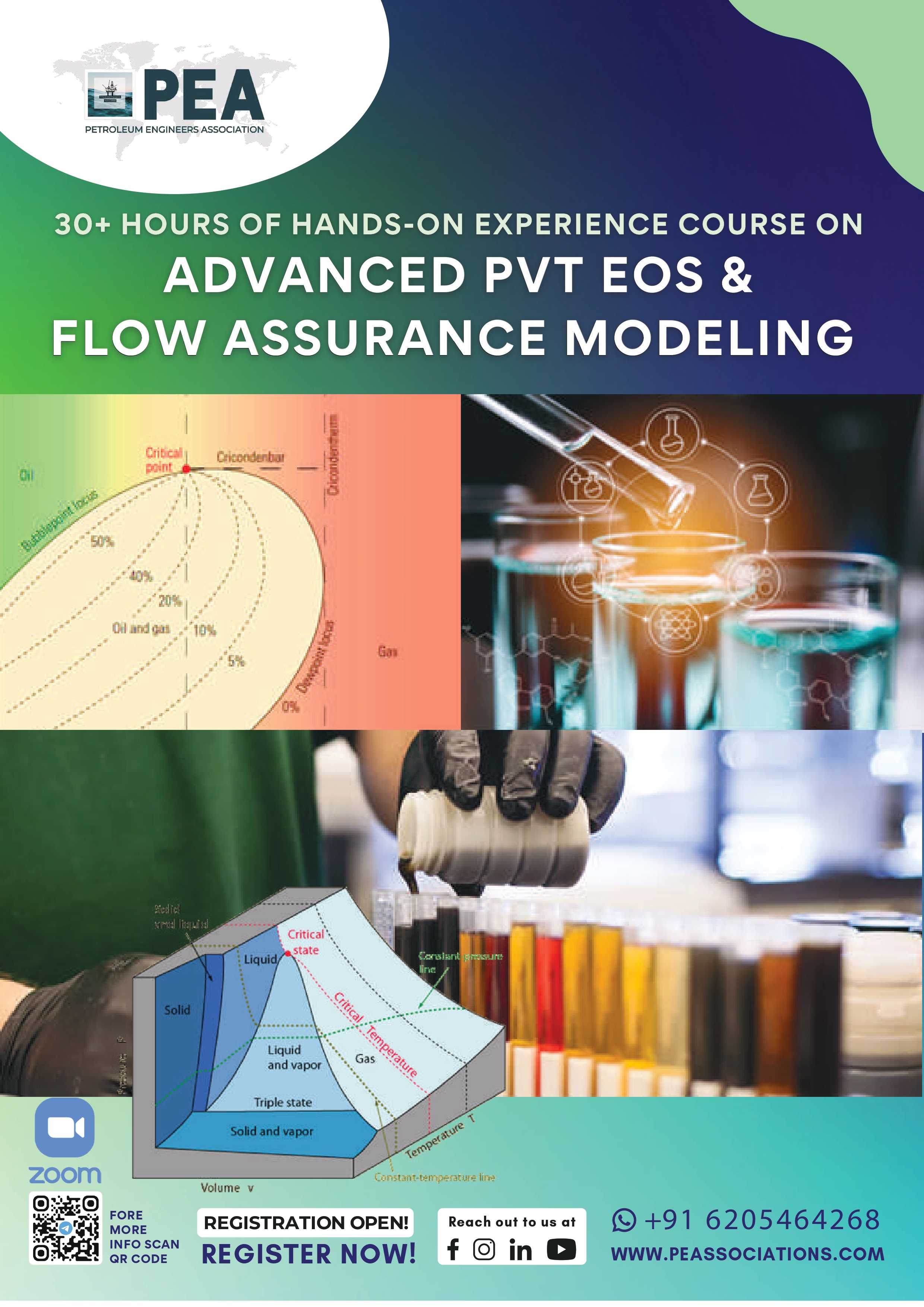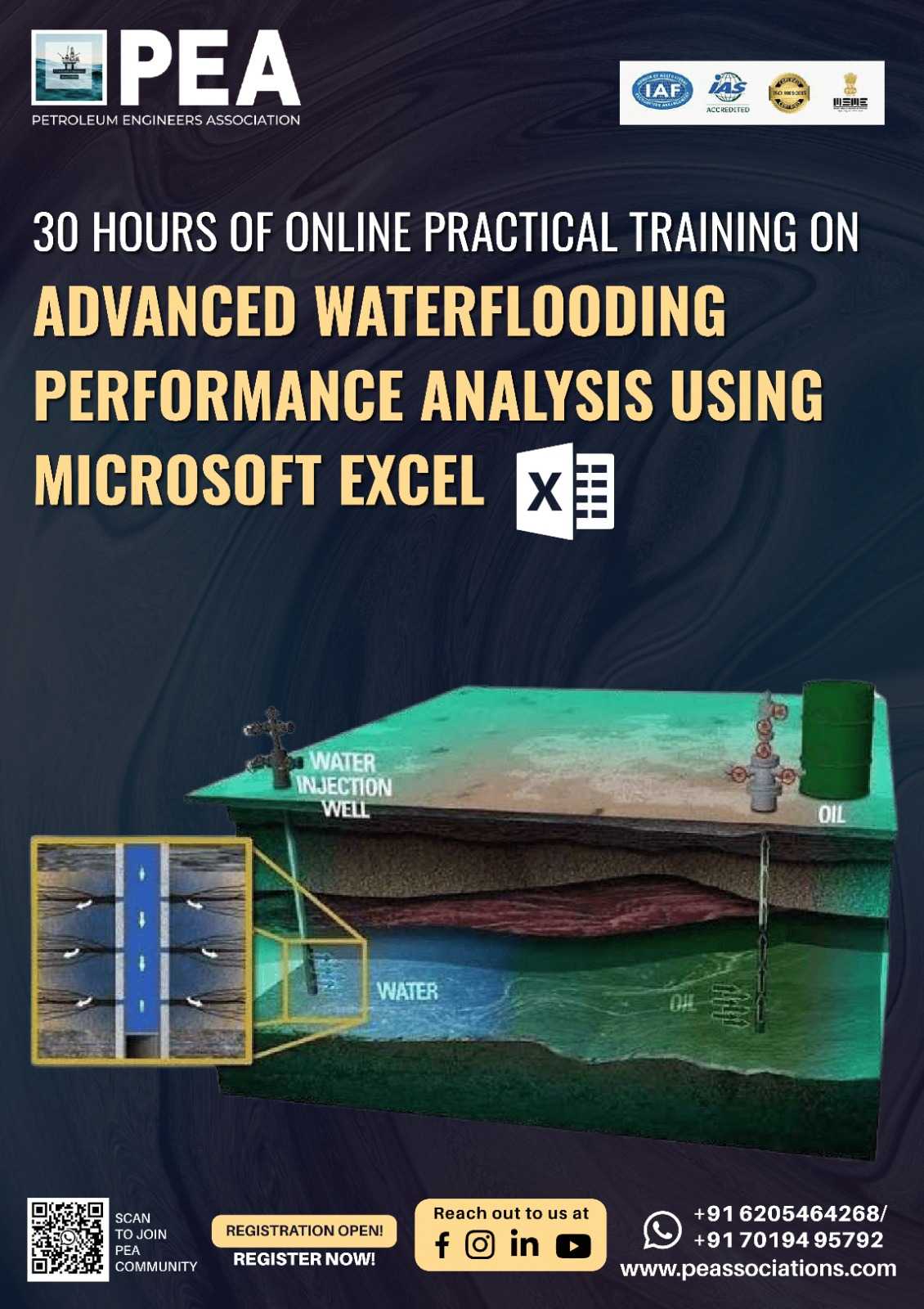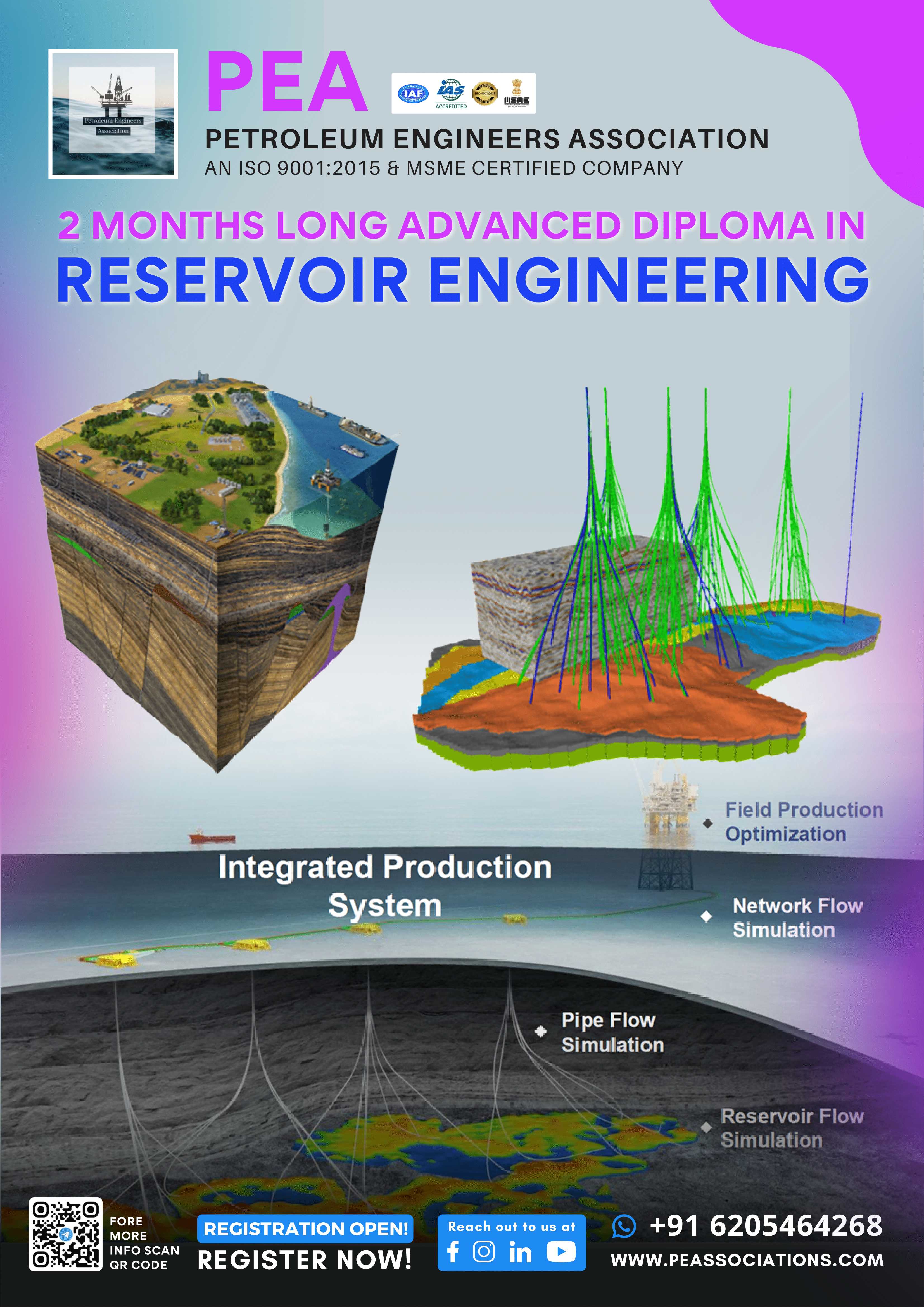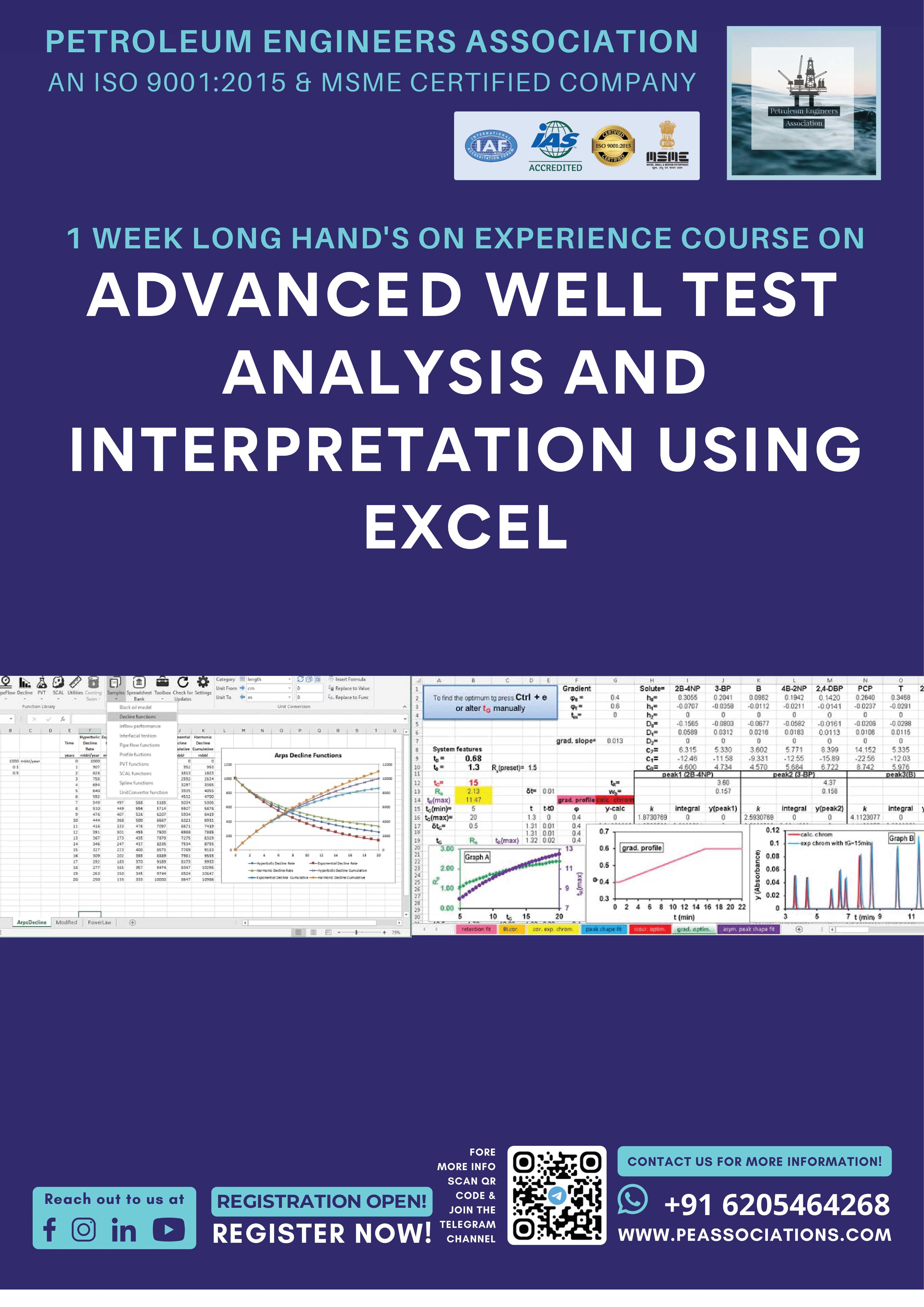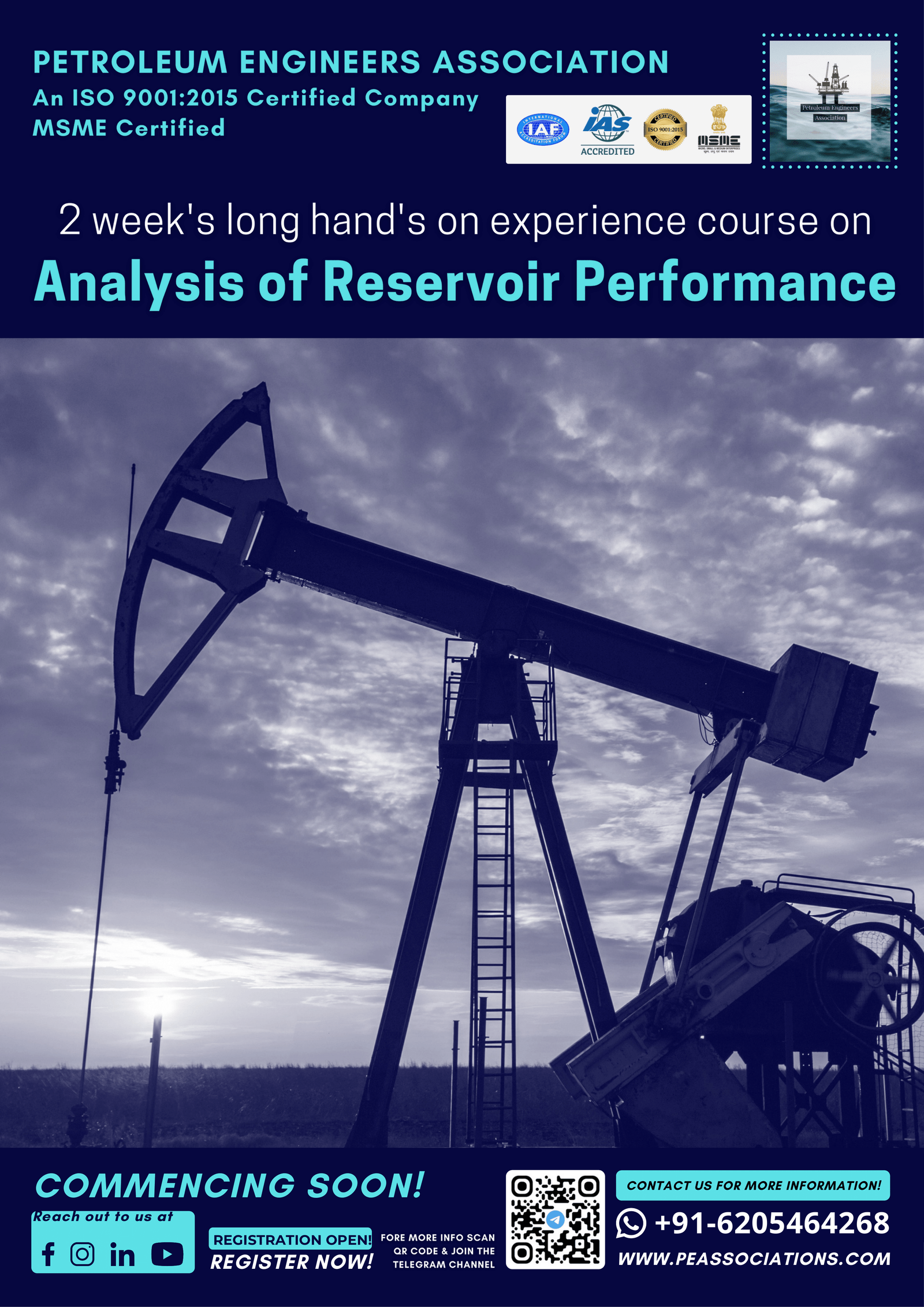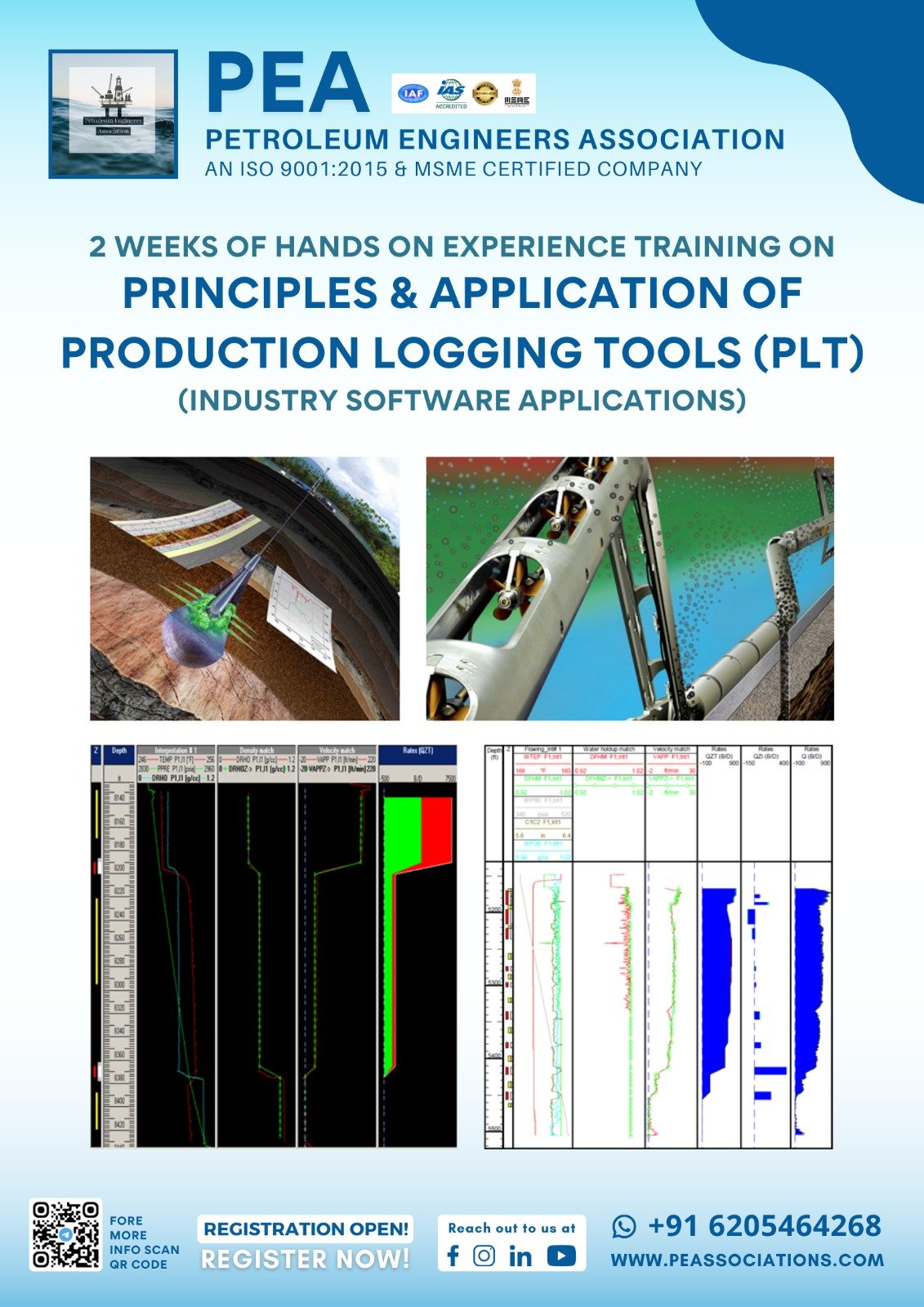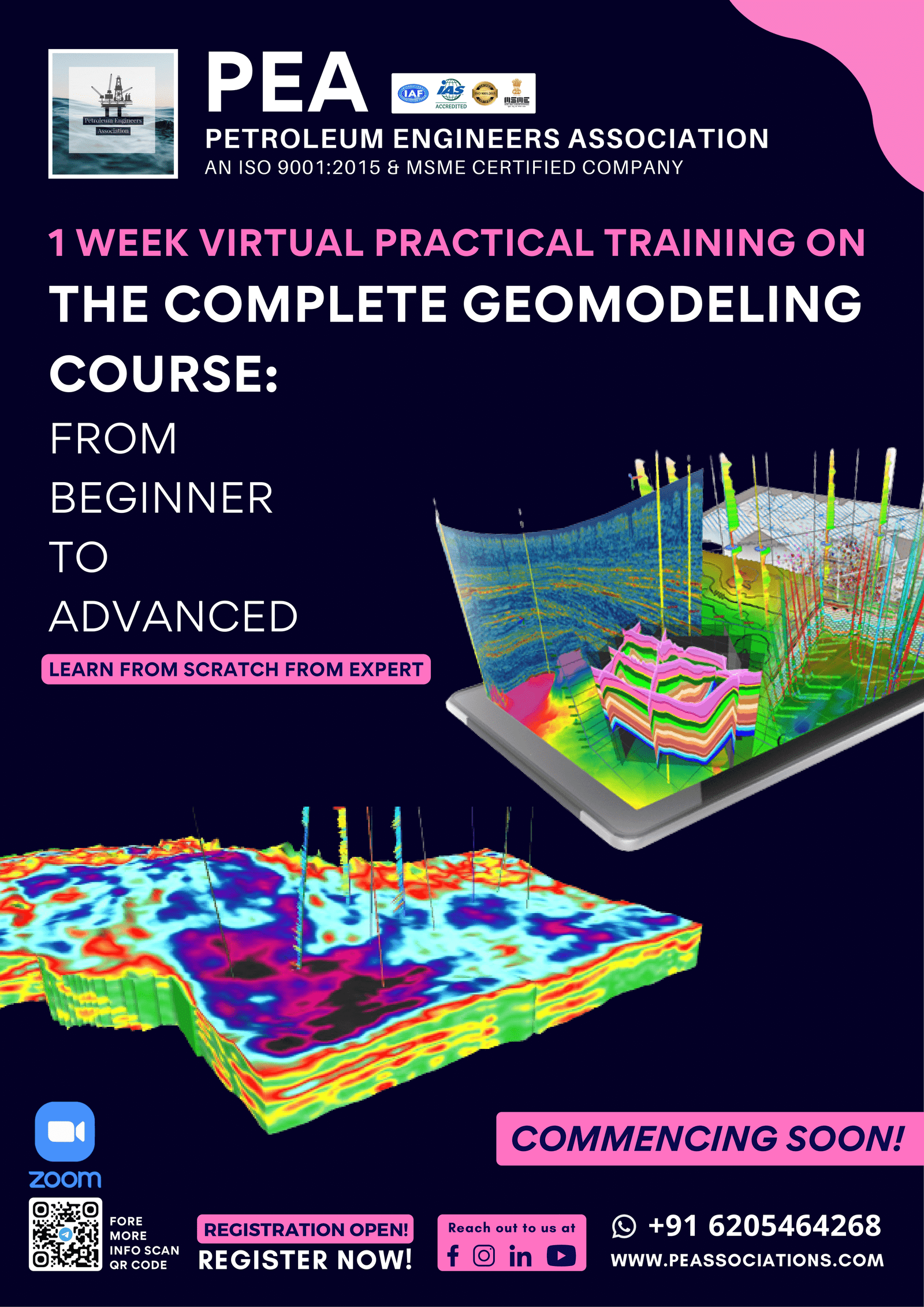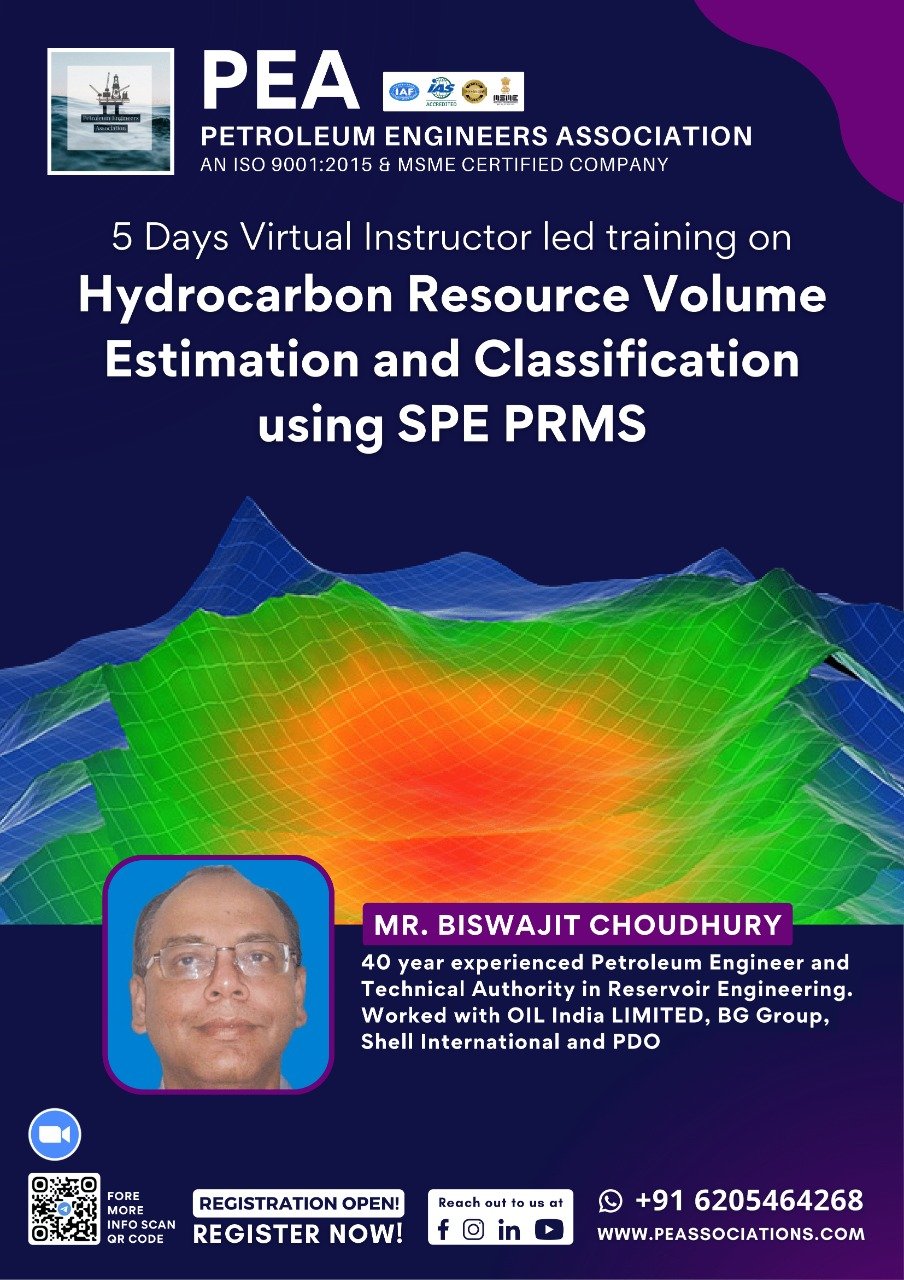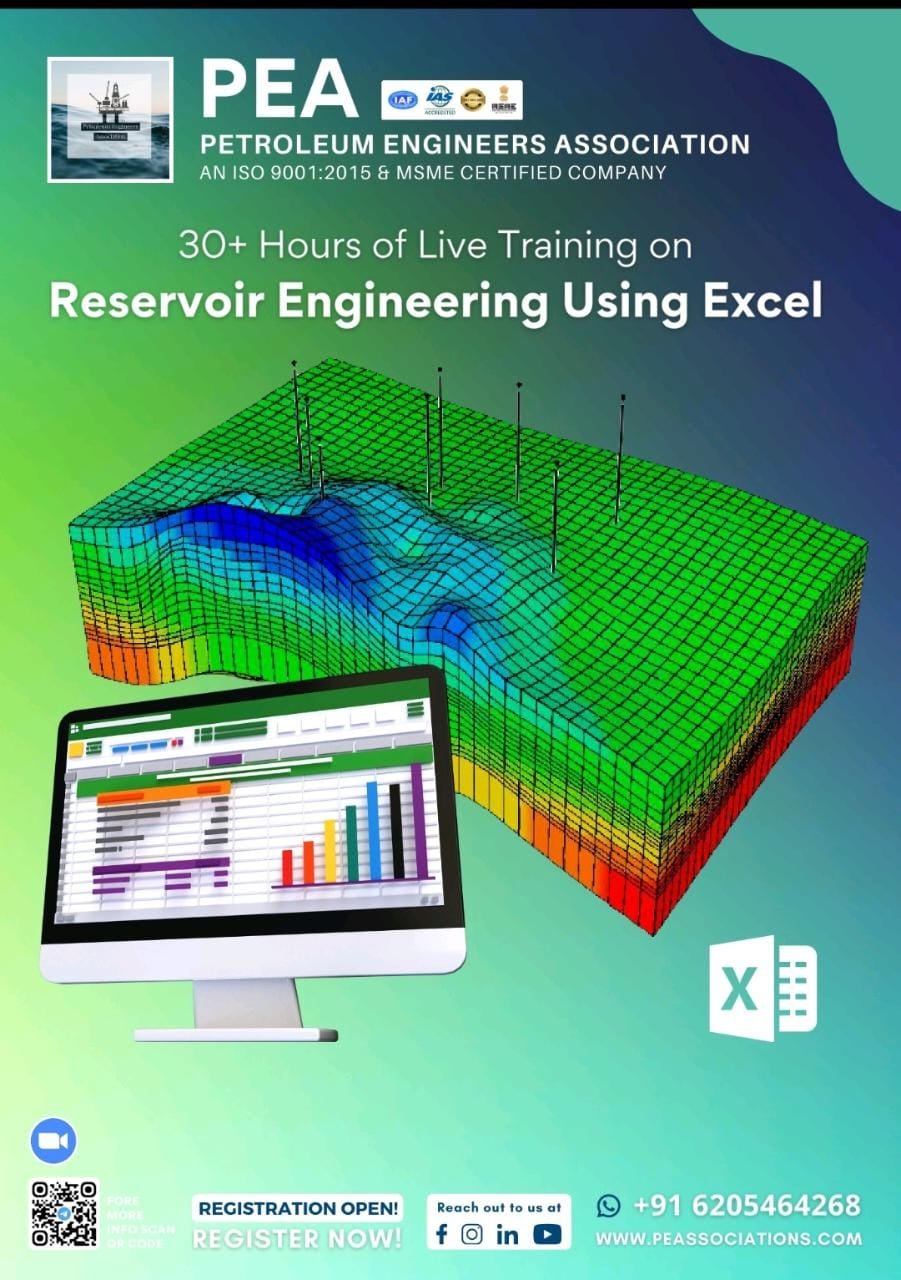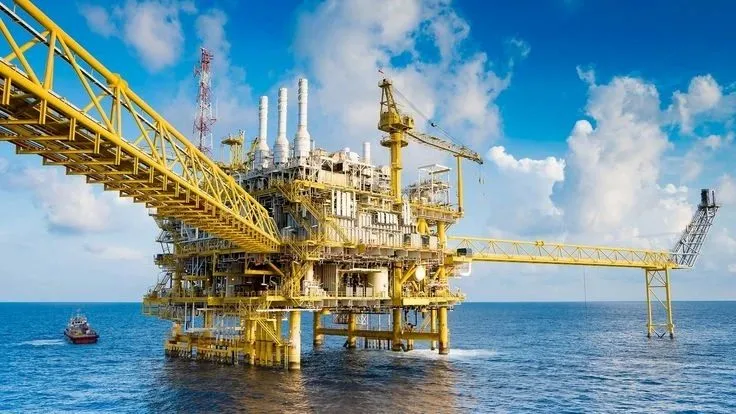Boost your team's skills and your budget! Enjoy group discounts for collaborative learning. Send an inquiry to info@peassociations.com.
Reservoir Geochemistry: Applications of Petroleum Geochemistry in Reservoir Management and Production Development Strategies
This course offers a comprehensive understanding of how petroleum geochemistry can be applied in reservoir management and production development. Participants will learn how to integrate geochemical data to enhance reservoir characterization, monitor production, and make informed decisions throughout the field life cycle.
Description
Petroleum geochemistry plays a crucial role in understanding fluid characteristics, reservoir continuity, compartmentalization, and production behavior. This course introduces participants to the fundamental concepts and practical applications of reservoir geochemistry in exploration, development, and production stages.
Through real-world examples and case studies, attendees will gain insights into source rock evaluation, oil-oil and oil-source correlations, fluid migration pathways, geochemical monitoring of production, and identification of reservoir compartments. The course emphasizes how geochemical data supports reservoir modeling, enhances EOR strategies, and improves field development plans.
In today’s dynamic oil and gas industry, the integration of geochemical analysis into reservoir studies has proven to be a valuable tool for maximizing hydrocarbon recovery and minimizing development risks. This course bridges the gap between traditional geochemistry and its practical application in reservoir and production engineering. It is tailored to help geoscientists, engineers, and reservoir managers use geochemical data to support field development and reservoir management decisions.
By the end of this course, participants will be able to:
-
Understand the fundamentals of petroleum and reservoir geochemistry.
-
Apply geochemical techniques to identify reservoir compartments and fluid contacts.
-
Use geochemical fingerprints for oil-oil and oil-source correlations.
-
Monitor and interpret production using geochemical tools.
-
Integrate geochemical data into reservoir modeling and development planning.
-
Support EOR strategies and reservoir surveillance with geochemical insights.
The course is delivered through a combination of:
-
Expert-led interactive lectures
-
Real-life field case studies
-
Group discussions and Q&A sessions
-
Practical exercises with geochemical datasets
-
Supplementary reading materials and resources
Organizations will benefit by:
-
Enhancing the technical capabilities of their geoscience and engineering teams.
-
Improving reservoir characterization and reducing uncertainty in development.
-
Optimizing field development strategies with more accurate subsurface information.
-
Gaining better control over production monitoring and surveillance programs.
-
Increasing hydrocarbon recovery and reducing operational costs through informed decisions.
Participants will:
-
Develop a solid understanding of how geochemistry can inform reservoir and production strategies.
-
Gain hands-on experience in interpreting geochemical data.
-
Improve cross-disciplinary collaboration with geoscientists and engineers.
-
Build confidence in applying advanced analytical techniques to real-world problems.
-
Advance their careers with niche expertise highly valued in exploration and production companies.
This course is ideal for:
-
Reservoir Engineers and Production Engineers
-
Petroleum Geologists and Geochemists
-
Exploration and Development Geoscientists
-
Field Development Planners
-
EOR and IOR Specialists
-
Technical Managers and Team Leads involved in subsurface evaluations
Day 1: Introduction – Concepts
-
Introduction to Petroleum Geochemistry
-
Petroleum generation, expulsion, migration, entrapment, and accumulation
-
In-reservoir petroleum mixing mechanisms
-
Petroleum production and development issues
-
Classification of petroleum
-
Introduction to hydrocarbon chemistry
Day 2: Reservoir Processes
-
Water washing
-
Biodegradation
-
Gas stripping
-
Formation of tar mat (Gas de-asphalting, biodegradation, geological barriers)
-
Phase changes:
-
Gravity segregation
-
Retrograde condensation
-
-
Cap rock leakage – oil fractionation
-
Thermochemical sulfate reduction
-
Exercises
Day 3: Samples and Analytical Methods
-
Samples and sampling strategies
-
Analytical methods
-
Characterization and validation of tested oils
-
Validation of migrant oil stain and characterization of non-tested oils
-
Reservoir connectivity and compartmentalization
-
Tracking oil quality variations
-
Exercises
Day 4: Applications I
-
Identifying and characterizing tar mats
-
Production allocation
-
Exercises
Day 5: Applications II
-
Formation water chemistry
-
Additional case studies and practical applications
-
Exercises
On successful completion of this training course, PEA Certificate will be awarded to the delegates

